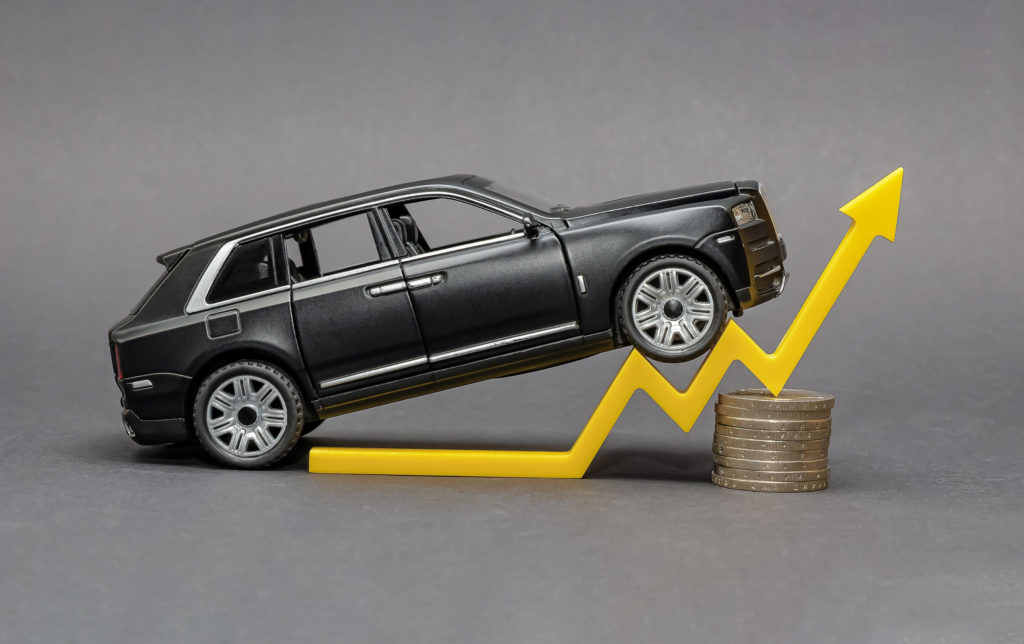Second-hand car prices have now reached the highest point since April 2009. Demand is even stronger than a year ago when showrooms first reopened, with experts wondering when the boom will end? This is a welcome surprise and a much-needed uptick for an industry that’s been severely affected by the pandemic.
Car dealer‘s figures show that used car customers are paying an average of £250 extra than before the pandemic for each car. Some cars are particularly in demand at the moment. The BMW X3 has risen in value by approximately £1,200, and The Porsche Macan has risen by close to £1,500.
Cap HPI’s head of valuations, Derren Martin, said, ‘The market is so strong. It’s stronger than we’ve ever known.’ Some sellers are even holding onto stock in anticipation of even greater price increases.
A Profitable Summer
With Brits eager to put both the winter and the pandemic behind them, convertibles are as per normal in the warmer months becoming more attractive for customers. So far, there has been an average increase of £650 in selling prices. It will be interesting to see how the figures change and whether the frenzy to enjoy a post-covid summer will increase the usual demand for second-hand convertibles?
There is bad news for the planet-conscious among us. Although sales of plug-in hybrids are up to two per cent, electric vehicle sales are actually down 0.7 per cent. This is because there are fewer second-hand electric vehicles on the market, with most of them being driven straight out of the showroom.
Auction Prices
Auction prices are also up almost 20% as some of the leading auction houses remain open virtually. Many firms have commented that more traders than ever are interested in buying used cars via online auctions.
Auction activity is increasing as car dealers are struggling to replenish stock following the incredible rise in demand. Staggeringly, the used car sales to new car sales ratio sits at around 15-1. Reports suggest that dealers are even contacting old customers to buy back cars for stock.
Online auctions also have the novelty of offering more choice, as buyers don’t have to minimise their search to only the cars in their local auction house. Auction operators, previously used to seeing 30 to 40 people registering for an auction, can now accommodate 300+ bidders.
As we all become more comfortable using zoom to operate our daily activities, a whole new world is opened to sellers and buyers alike. Dealers are having to pay more for stock as demand increases, increasing the selling price for buyers. The biggest profits seem to be in older cars, priced under £10,000. Reasonably priced convertibles and luxury brand cars are also selling well.
Why Is This Happening?
Well, and we’re sure you guessed this…the pandemic. But, not in the way you might think. The reason is semiconductors. Also known as microchips, they are an essential component of any electrical product. Semiconductors are made in multibillion-dollar fabrication plants and rely on a stable and high stream of demand. They run 24/7, 365 days a year, and small changes in orders from major car companies have massive effects on the supply chain.
At the start of the pandemic, car companies made incorrect predictions about the number of semiconductors they would need and reduced orders drastically.The motor industry’s bounce back and growth during this time was unforeseen, sending semiconductor production into a tailspin. Additionally, when the pandemic spread from China to Europe and the US in 2020, companies like General Motors, Ford Motor and Volkswagen were forced to temporarily shut down production lines


